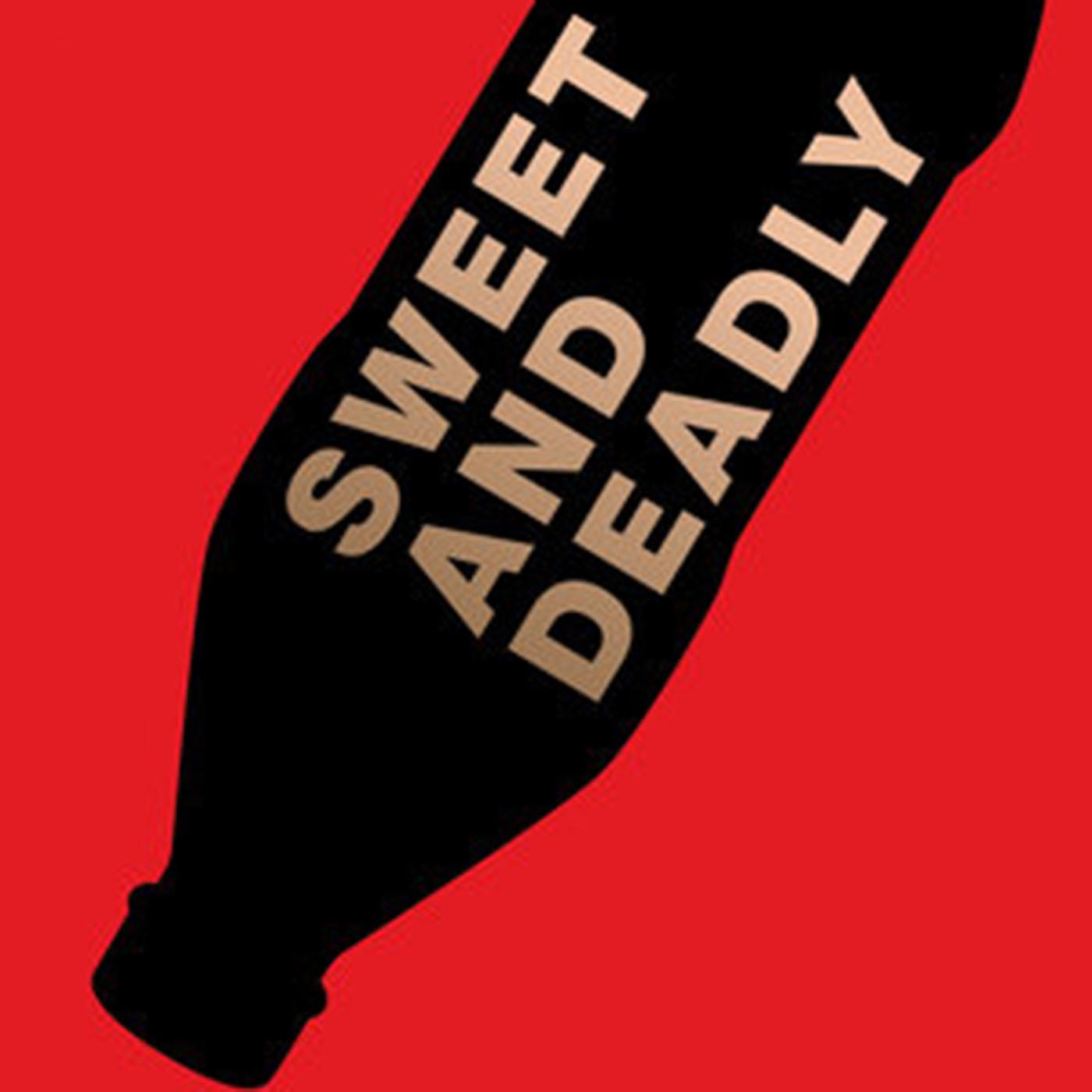E272: Why getting food date labeling right is so darn tough
Description
Do you pay attention to information printed on food labels? From eye-catching designs companies use to entice you to buy a product to nutrition facts panels to the tiny dates printed on packages. There's a lot going on to be sure. For policymakers, they hope that refining date labels on food packaging will help reduce the amount of uneaten food ending up in landfills. Food Waste is a major contributor to greenhouse gas emissions. The Food and Drug Administration and the Food Safety and Inspection Service recently asked for public input on food date labels. So, we decided to gather some experts together to talk about this important policy tool. Roni Neff is a professor in the Johns Hopkins Bloomberg School of Public Health and Senior Advisor at the School's Center for a Livable Future. Her research looks at the intersection of food waste policy, climate change, and food system resilience. Brian Roe is a professor at the Ohio State University Department of Agricultural, Environmental and Developmental Economics. His work focuses on issues including agricultural marketing, information policy, behavioral economics, and product quality. Ruiqing Miao is an associate professor of agricultural economics and rural sociology at Auburn University's College of Agriculture. His research emphasizes sustainability, innovation, and decision making.
Interview Summary
Brian, let's begin with you and let's make sure everyone's on the same page. Can you talk to us a little bit about what date labels are and where they are on packaging. And what is industry required to include in terms of these date labels?
Yes, so date labels, we see them anytime we pick up a food package. Most packages are going to have some type of date label on them. Oddly, federal law doesn't regulate these or really require these other than the exception of infant formula, which is the only federal requirement domain out there. But in the absence of federal regulation, states have kind of done their own thing. About 40 different states require date labels on at least some food products. And about 20 states prohibit or restrict the sale or donation of food past the label date. And even though states that require date labels, manufacturers can still choose the dates. There are no real regulations on them.
So, recognizing that confusion over date labels can lead to unnecessary food waste, Government and industry actors have made, you know, some efforts to try to standardize date labeling language. But nothing terribly authoritative. Now, some states have introduced bills that seek to standardize date labels, with the motivation to try to get rid of and reduce food waste. California being perhaps the most recent of these. In 2024, they passed a bill that prohibits the use of any date label other than 'Best if Used By,' the phrase that goes along with foods where the date represents kind of a quality indicator. And then the phrase 'Use By,", if that date has some implications for product safety. The bill doesn't go into effect until July of '26, so we're going to see if this is going to create a domino effect across other states, across the food manufacturing center or even bubble up and be dealt with at the federal legislation level.
Now, industries tried to do things before. Back in 2017, the Food Marketing Institute and the Grocers Manufacturers Association had a standardized date labeling suggestion that some firms bought into. FDA has given out some guidance about preferring 'Best if Used By' on certain food products to indicate quality. But again, we're all kind of waiting to see if there might be a federal legislation that kind of brings these state labels into check.
Thanks, Brian. And it's really important to know about the policy landscape and the fact that there hasn't been a federal policy across all foods. And it's interesting to see the efforts of, say, in California. I think this begs the question; how do consumers actually process the information of date labels?
This fascinated us too. A very clever person at Ohio State that I work with, Dr. Aishwarya Badiger, led a study I was part of. We enlisted consumers to come into the Consumer Evaluation Lab that we have here on campus and evaluate samples of milk. They were presented with the label of each milk. We gave them a little glass with a nose full of the milk that they could sniff. So, they're looking at the date label, they're given the sample they could smell, and then we kind of asked them, Hey, if this were in your fridge, would you keep it or toss it? But the entire time we actually had them fitted with special glasses that precisely track their eye movements so we could understand kind of which information they were looking at while they went through the whole process of evaluating and then making their decision. Consumers overwhelmingly looked at the date itself on the package and largely ignored the phrase or the words that go along with the date. In fact, for more than half of the evaluations, the consumer's eyes never went anywhere near the phrase.
This is important. And actually, we'll talk about that a little bit more with some of our other guests. So, what are the implications of date label policies?
So the eye tracking research really drove home to me that dates are much more salient than phrases. Although all the policies largely deal with the phrases. Dates give you actionable information. People can look at the date on the label, look at the calendar, and man, that's something they can do something about. They can act based upon that. The phrases are a little bit more ambiguous as Roni will talk about later. I think that people have a hard time interpreting what those phrases really mean. That doesn't mean we should not try to unify those phrases, but rather this is going to be a longer-term investment in educational infrastructure that until those phrases really become salient and actionable to consumers. And then become more of a critical component of the policies. But right now, policies are generally silent on dates. And dates seem to be the real action mover.
Yeah. So why don't we just get rid of all of this? What would be the implications?
Yes. We did this experiment too. Same kind of setup. Had people come in, they had the jug of the milk in front of them. They had a glass of milk that they could sniff. Same thing. And we had a bunch of different milks. We had some that were only like 15 days post pasteurization. Some that went out to like 40 days past pasteurization.
So, the youngest or the freshest had about three days, quote unquote, left on its date label. The 40-day old milk was like two or three weeks past the date. And we did two things. We had them evaluate the milk with the dates on the jugs, and then we had ones where we took the dates and the labels off the milk. Not surprisingly, when they did not have the dates on the milk, they were much more likely to say that they would keep the milk. Even that 40-day old milk, about half of them said, yeah, I'd drink this. I'd keep this if it were in my fridge. But it wasn't a slam dunk. So, our youngest and freshest milk had an odd flavor note. You know, sometimes as the seasons change, feed sources change for cattle, you get an odd flavor note. It's not spoilage, it's just a slightly different note. And when people have the date label, they were much more willing to give that milk a second chance and say that they would keep it. But if the date label wasn't on there, they took that odd flavor note and said, I'm going to toss this milk. So, it's really kind of a nuanced thing. And if you would take those off, I think you're going to get some consumers who are going to kind of freak out without any guidance. And they might have kind of an itchy trigger finger when it comes to throwing away that milk or other products. So, it's compelling. We've seen England, the UK, do this; take dates off of certain products. But I would probably want to see a little more example of how consumers are responding to that before I fully endorse that as kind of a policy movement forward.
Brian, thank you for that. And I have got to say, I was not expecting to have a conversation about the bouquet of a glass of milk. But this is really an interesting finding, and it does help us understand some other things that we're going to talk about. Roni, I want to turn our attention to you. And I know you are someone who's been involved in understanding date labels for a while. And I really appreciate it and I've said it before, but you're the reason I got into this work. I wa
























